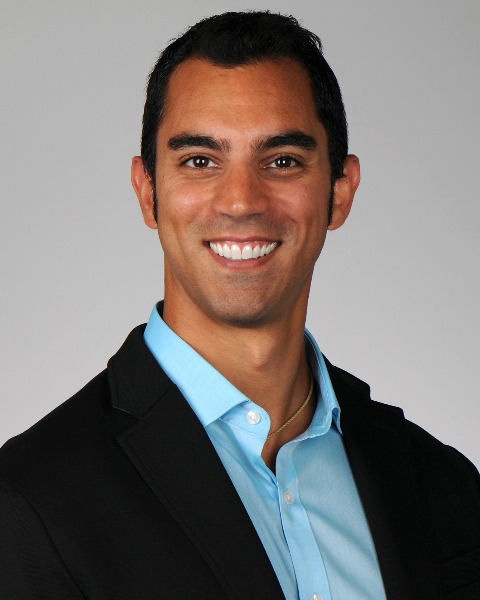Neurosurgical Residency Attrition and Advanced Age at Match: A Perplexing Assortment of Data
Friday, April 21, 2023


Ramin Eskandari, MD, MS, FAANS (he/him/his)
Associate Professor
Medical University of South Carolina
Charleston, South Carolina, United States
ePoster Presenter(s)
Introduction: At seven years length, neurosurgical residency is the longest categorical graduate medical education training program of its kind in the United States. Training is arduous with an overall attrition rate of approximately 11.0%. While attrition has been linked to greater age at match, authors aim to identify data that may help explain this phenomenon. We hypothesize that advanced age at match is a surrogate for additional factors implicated in attrition.
Methods: Authors reviewed the literature from 2000 onward to discover data that would clearly explain why advanced age at match factors into attrition. Advanced age was defined as age greater than that of ‘traditional’ match age, i.e. no gap years before, during or after medical school. A PubMed search was performed and approximately 20 articles were identified and included in this review.
Results: While advanced age at match was correlated with greater attrition, no objective explanation was garnered from our search. Advanced age was determined to be significant at two years above standard matriculation pathways, however an assortment of variables were identified that also lead to attrition including gender, location, lack of wellness programs, lack of mentorship and life changes.
Conclusion : While advanced age correlated with attrition, results were paradoxical. For instance, residents with prior PhD (i.e. advanced age) had lower attrition rates. Additionally, significant variables were found across residents who left programs. Thus, we suggest creating an ACGME questionnaire targeting those who matched at advanced age and left neurosurgery programs.
Methods: Authors reviewed the literature from 2000 onward to discover data that would clearly explain why advanced age at match factors into attrition. Advanced age was defined as age greater than that of ‘traditional’ match age, i.e. no gap years before, during or after medical school. A PubMed search was performed and approximately 20 articles were identified and included in this review.
Results: While advanced age at match was correlated with greater attrition, no objective explanation was garnered from our search. Advanced age was determined to be significant at two years above standard matriculation pathways, however an assortment of variables were identified that also lead to attrition including gender, location, lack of wellness programs, lack of mentorship and life changes.
Conclusion : While advanced age correlated with attrition, results were paradoxical. For instance, residents with prior PhD (i.e. advanced age) had lower attrition rates. Additionally, significant variables were found across residents who left programs. Thus, we suggest creating an ACGME questionnaire targeting those who matched at advanced age and left neurosurgery programs.
